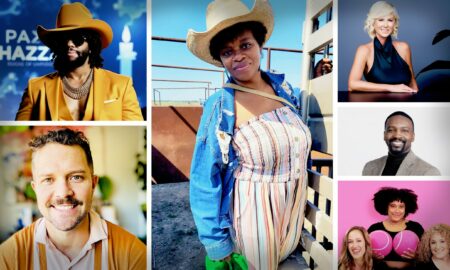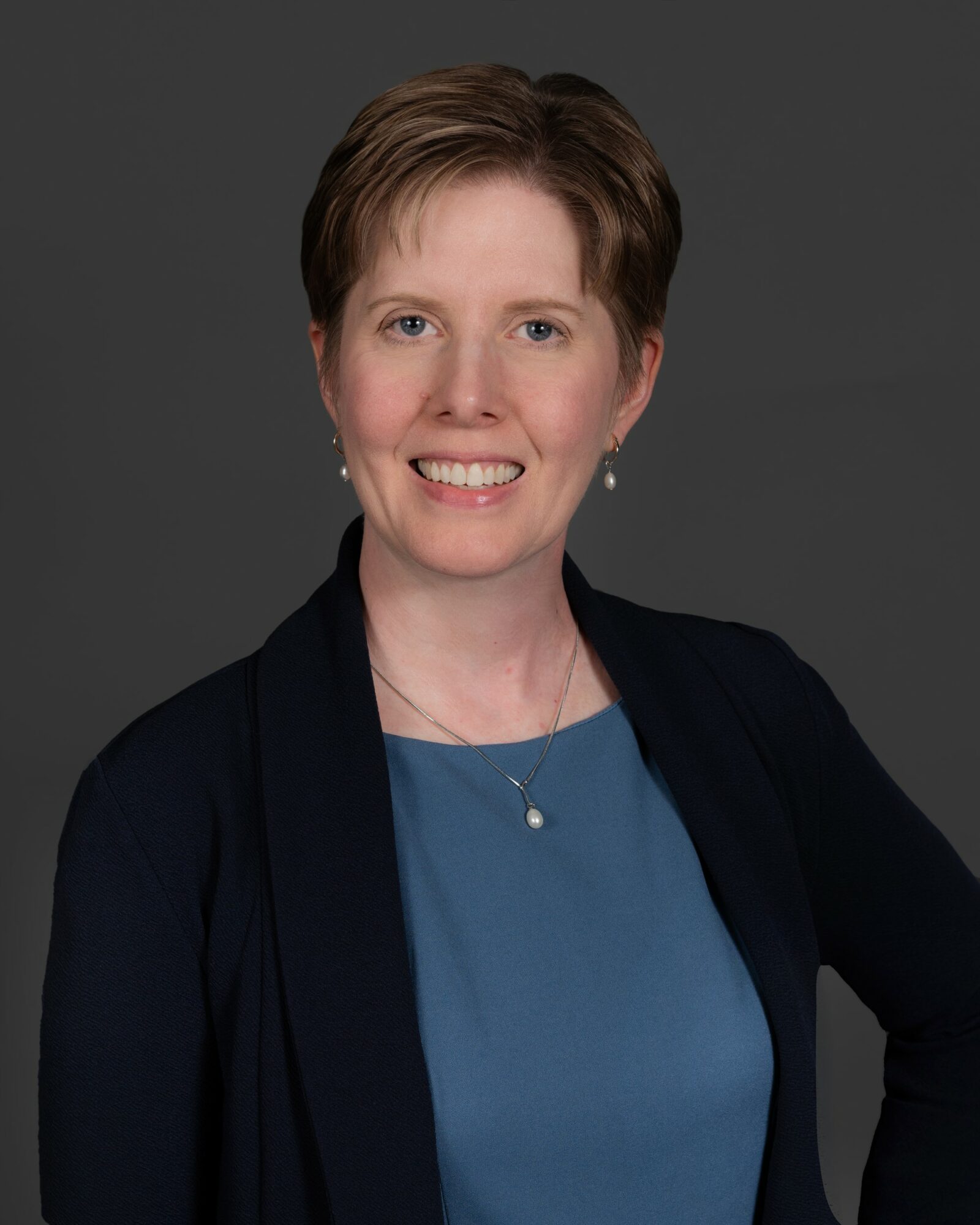

Today we’d like to introduce you to Jennifer Landry.
Alright, so thank you so much for sharing your story and insight with our readers. To kick things off, can you tell us a bit about how you got started?
I grew up in a small town in western Pennsylvania, and my love for history started early. We didn’t have access to a public library, so my parents signed me up for a book-of-the-month club. One of the books I chose as a teenager was Antonia Fraser’s “The Six Wives of Henry VIII.” I was completely hooked. Fraser’s storytelling showed these women as more than just “Henry’s wives”—they were powerful individuals in their own right. That was the first time I realized that history is much richer and more complex than the traditional narratives we’re often taught.
From there, I knew I wanted to pursue history more seriously. I went on to major in history and complete graduate work in what we now call “public history,” which focuses on how history is shared with communities through archives, museums, and cultural institutions. Over the last 25 years, I’ve had the privilege of working on some incredible projects, from serving as project manager for building the museum at the Science History Institute in Philadelphia to becoming the first director and lead on creating the Irving Archives and Museum here in Texas.
At the Irving Archives and Museum, we’ve built our work around telling the histories and cultural stories of our community—one of the most dynamic and globally connected cities in North Texas. That commitment has led to meaningful collaborations and projects that highlight stories often left out of mainstream history. For me, that’s the most rewarding part of this work: opening doors for people to see their own history reflected, and to connect with one another through it.
I’m sure it wasn’t obstacle-free, but would you say the journey has been fairly smooth so far?
It’s been an interesting journey for sure! Early in my career, I was balancing being an Army wife and a mother – especially in the years right after 9/11 when military families were under enormous strain. That experience taught me resilience and how to juggle a lot of responsibility at once. Once my husband, Gene, retired, we followed my career to Texas.
Professionally, I have always had a commitment to telling history in a more inclusive and holistic way. Honest storytelling can sometimes unsettle people’s assumptions about the past. But I believe that’s where museums do their most important work – using artifacts, art, and archival materials to present truthfully while giving people a chance to connect with stories on a human level.
A recent example is “Badge of Pride: From Silence…to Celebration!,” a community partnership with a local LGBTQ+ history organization called Badge of Pride. The project become the largest LGBTQ+ history exhibition ever presented in Texas. More importantly, it created a safe and welcoming space for people to learn about stories that had long been silenced, and for visitors from all walks of life to connect with one another through history. That’s the kind of impact that makes the challenges worthwhile.
Alright, so let’s switch gears a bit and talk business. What should we know about your work?
I’ve spent my career working in public history, and I still feel incredibly fortunate that I get to wake up every day and do a job I truly love. Museums are challenging and highly specialized places to work, but they’re also endlessly rewarding. Over the years, I’ve carved out a niche in leading the building of museums and major exhibition projects from concept to completion. That process can take years and requires not only knowledge of history and preservation, but also skills in everything from construction management to HVAC systems. It’s a mix of art, science, and problem-solving – and I love the complexity of it.
What really sets my work apart though, is the emphasis on collaboration and community. These projects aren’t built by one person; they happen because of strong teams and authentic partnerships. At the Irving Archives and Museum, we’ve worked hard to break the traditional mold of a community history museum by centering our exhibitions around shared ownership with the people whose stories we tell.
I’m especially proud of our most recent exhibition, “Badge of Pride: From Silence…to Celebration!” It was groundbreaking as the largest LGBTQ+ history exhibition ever presented in Texas, but beyond that, it created space for dialogue, reflection, and healing. For me, that’s what makes this work so meaningful: bringing people together through history in ways that are relevant and matter today.
What sort of changes are you expecting over the next 5-10 years?
We’re living in an interesting moment where museums and the practice of history are part of the public conversation in a way they haven’t been since probably the Cold War. As a profession, we are experiencing questions and challenges to our process and how and why we present certain topics. However, museums are consistently ranked among the most trusted institutions in America, and I think the work ahead is about maintaining and caring for that trust.
In the next 5-10 years, I see museums being even more intentional about transparency – sharing how we choose topics, how we conduct research, and how we collaborate with communities. That openness helps people not only understand the history being presented, but to also trust the process behind it.
Looking further ahead, I expect technology – especially AI – to play a larger role in how we analyze archival records and conduct research. The human perspective will always be essential in interpreting history and shaping meaningful narratives, but tools that can help us sift through massive amounts of data more efficiently could open new doors for discovery. The exciting part is imagining how we can blend innovation with the timeless work of connecting people to their past in ways that resonate today.
Pricing:
- IAM is open Wednesday – Sunday
- Wed. – Sat. – 10am – 4pm $7 adults / $5 seniors, military and children
- Sunday 12pm – 4pm, free admission
- Second Saturdays of month are free admission
Contact Info:
- Website: https://www.irvingarchivesandmuseum.com/
- Facebook: https://www.facebook.com/iamirvingtx
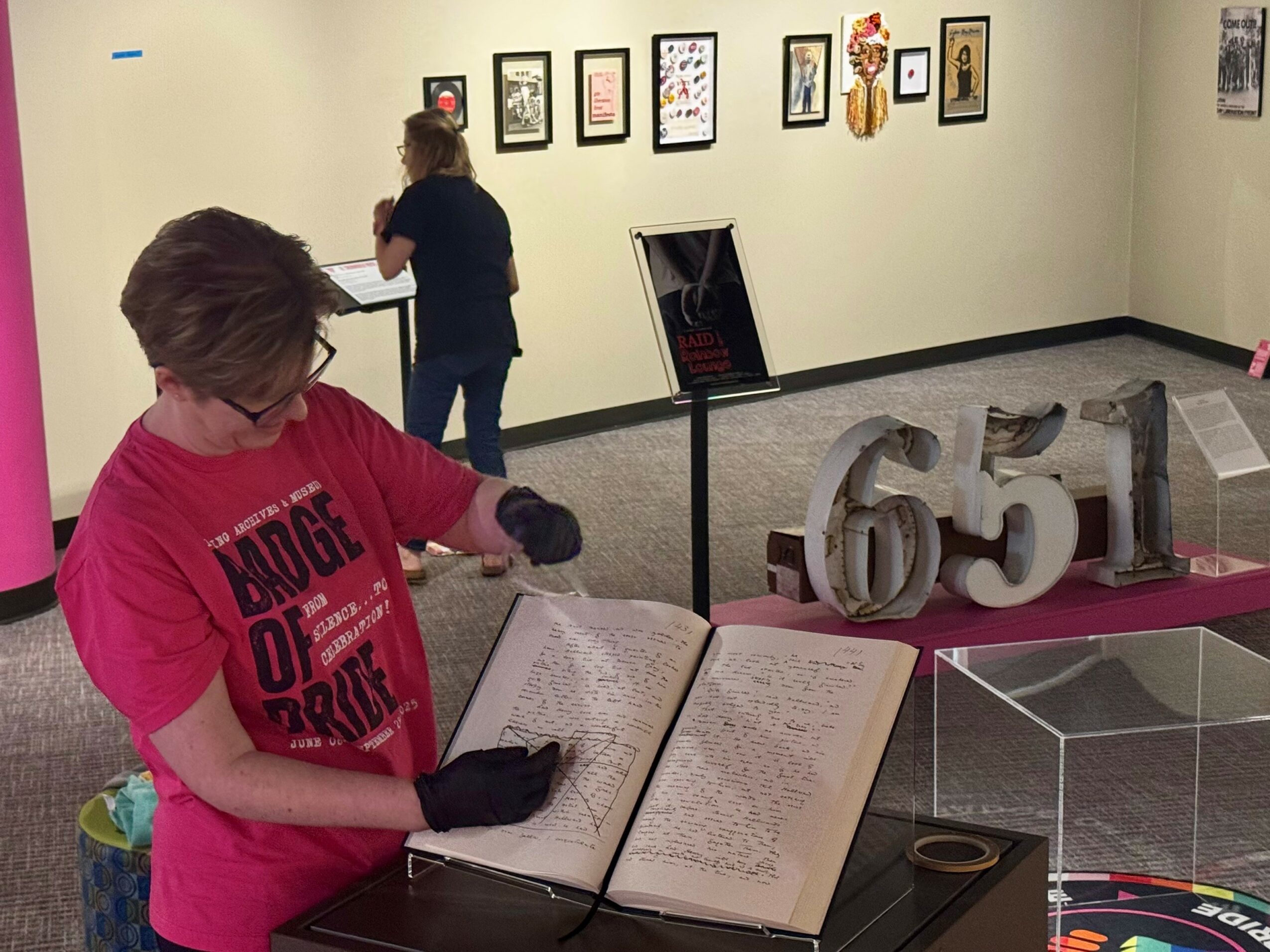
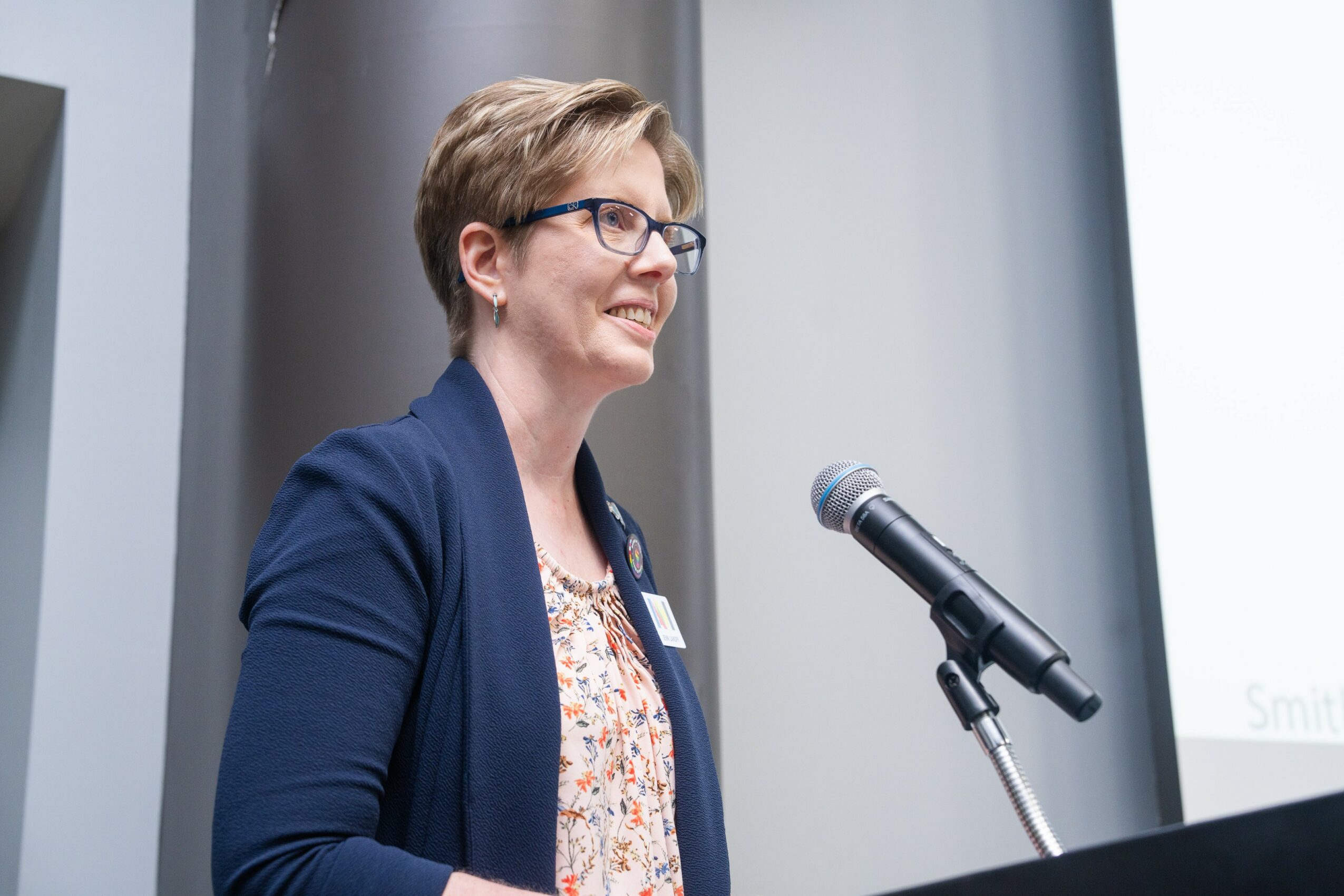
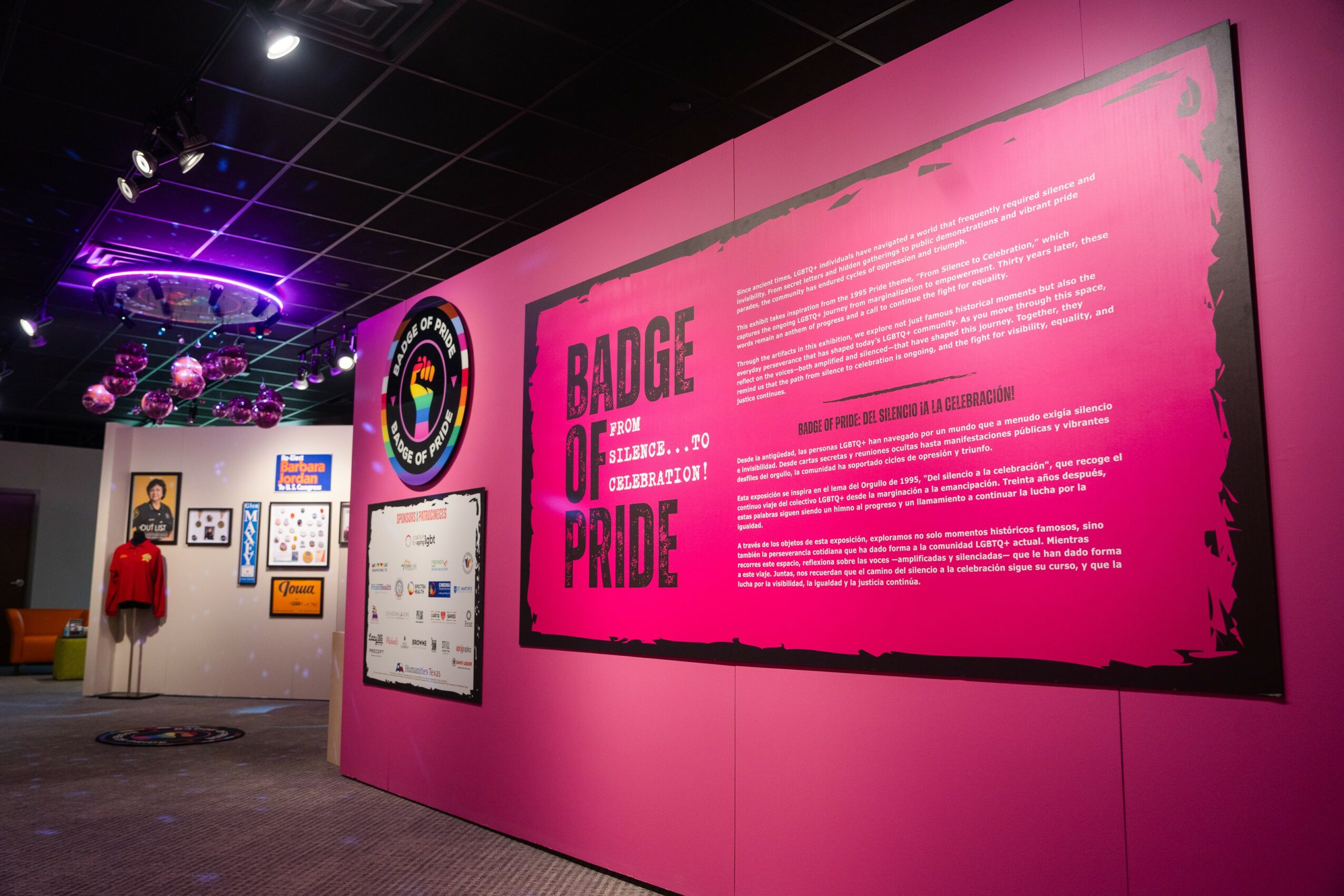
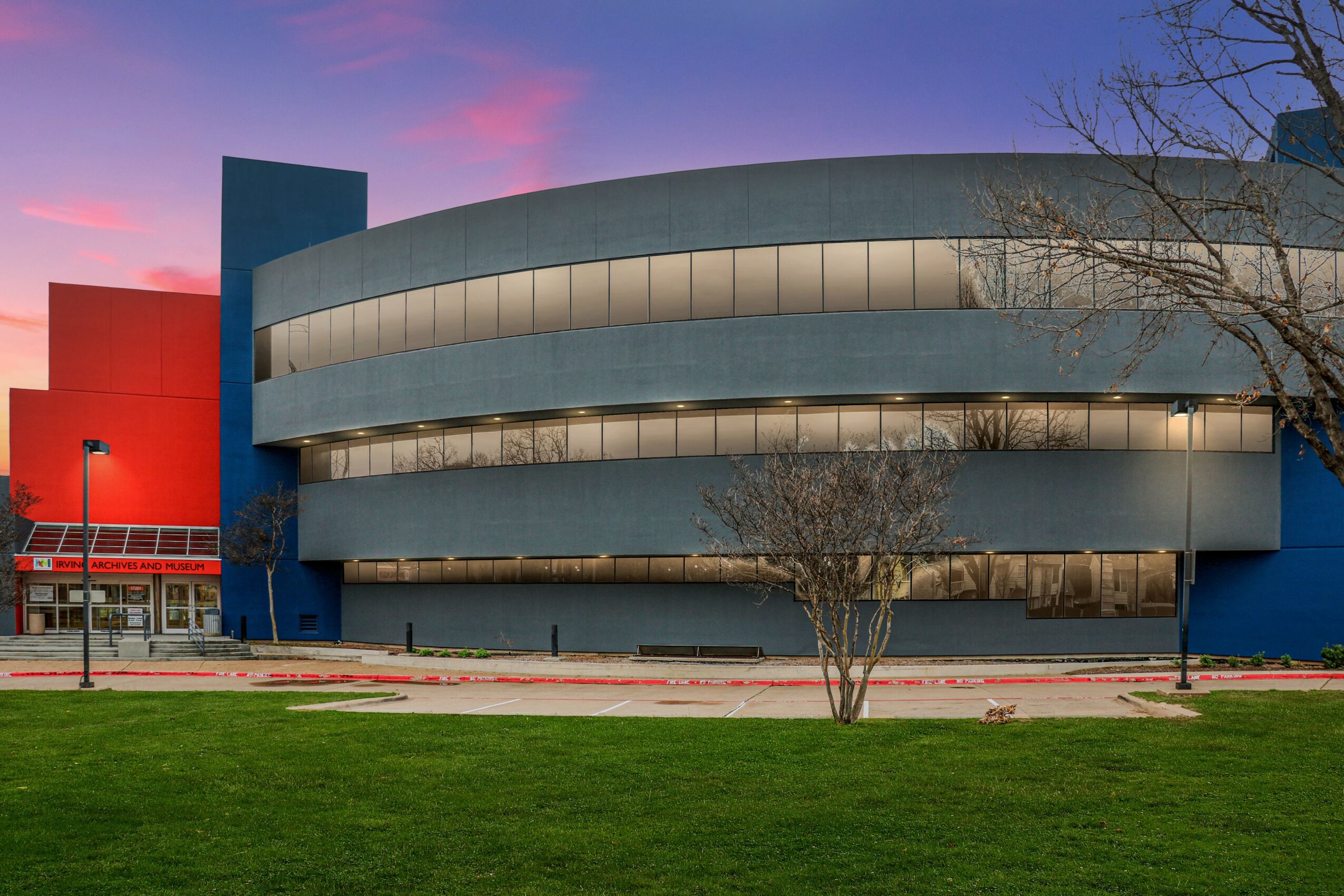
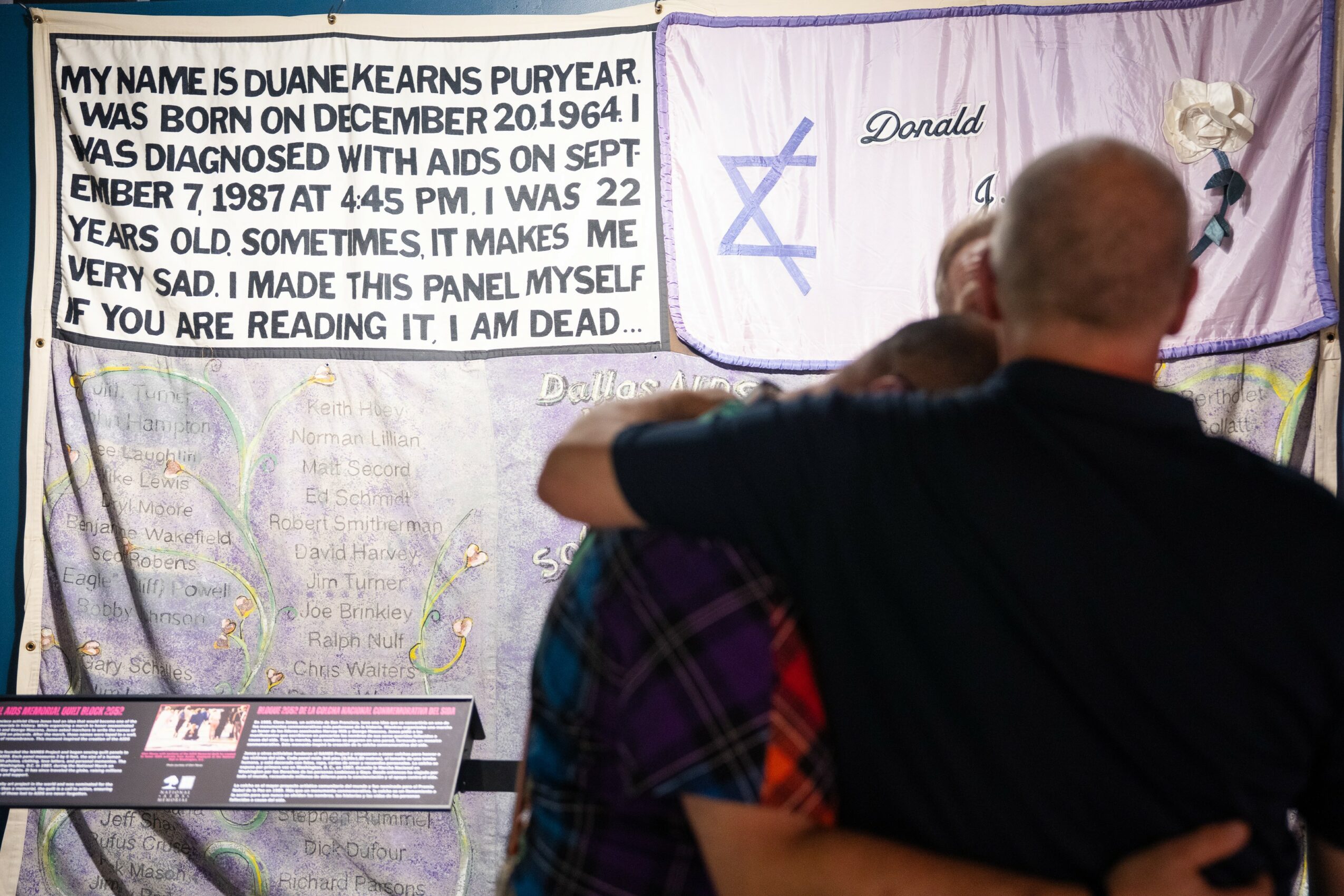
Image Credits
Photo 1 – Adrian Cardwell
Photo 2 – Kali Rhe Creative
Photo 3- Kali Rhe Creative
Photo 4 – Drew TImmons
Photo 5 – Joshua G.H., Future 360
Photo 6 – Kali Rhe Creative

